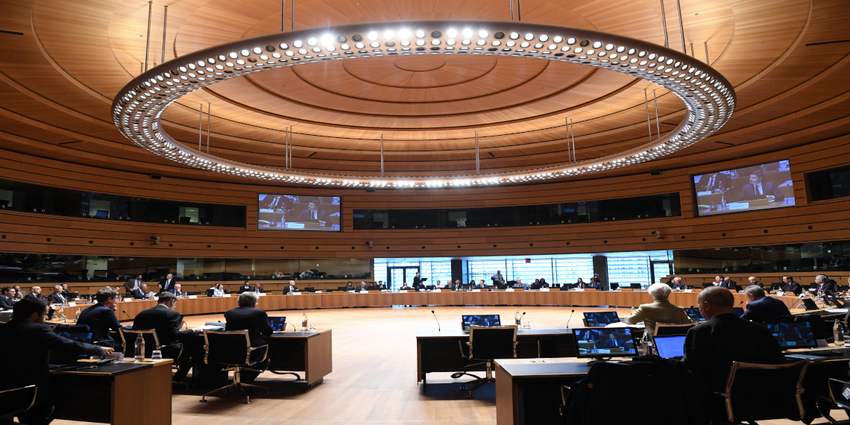At the upcoming meeting of the Eurogroup, the agenda includes the introduction of a European Deposit Insurance Scheme (EDIS) and to lift reservations of the German savings and cooperative banks on the matter. Against this background, Jan Pieter Krahnen, Director of the Leibniz Institute for Financial Research SAFE, argues in favor of designing the deposit insurance scheme with two special features: first, deposit insurance should be permanent in the form of reinsurance, into which the deposit and institutional protection systems that exist today can be fitted. Second, home country government bonds in banks’ portfolios should be subject to a cap to avoid banks becoming too closely linked to their own sovereigns.
“Among the homework that the Eurogroup has to do to complete the banking union is, first of all, the idea of organizing a European deposit reinsurance scheme. In terms of financial stability, this can be combined with a concentration limit for national government bonds in the banks’ portfolios.
The integration of large banking networks such as the German associations of savings banks and cooperative banks into a European deposit reinsurance system could sustainably improve the financial stability of the banking market as a whole by preventing the threat of common risk from scratch. At SAFE, we have developed a feasible model for such a ‘European Deposit Reinsurance Scheme’ (EDRIS), the essence of which is to link bank customers' deposits to a European reinsurance scheme with risk-adequate premiums via a national primary insurance scheme. These risk-weighted premiums help to reduce the hedging costs of low-risk business models, for example at savings banks.
To complete the EDRIS model, there also needs to be a limit on national government bonds in banks' portfolios. These concentration limits serve to prevent new sovereign debt crises and thus also a renewed euro crisis in Europe, which most recently arose because credit institutions were too dependent on the solvency of 'their' sovereign, as we have seen in Greece, for example.”


